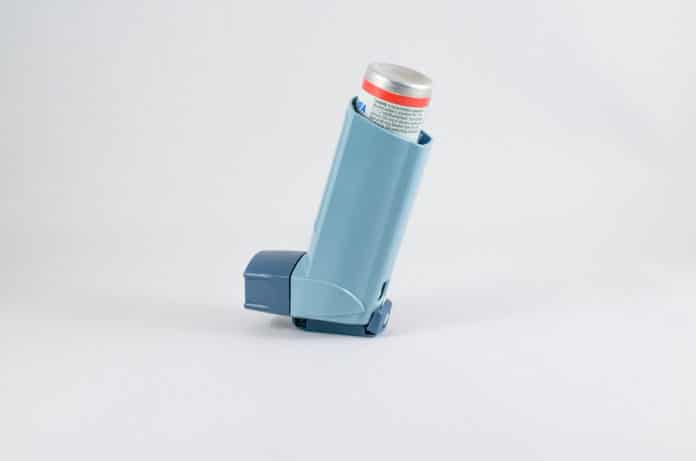Asthma is a breathing disease in which airways become narrowed and inflamed. People with asthma tend to have a lower risk of developing brain tumors. A recent study by the Washington University School of Medicine in St. Louis discovered why.
Scientists found that it depends on the behavior of T cells. T cells become activated when a person develops asthma. The scientists found that asthma causes T cells to behave in a way that causes lung inflammation but prevents the growth of brain tumors.
The study suggests that reprogramming T cells in brain tumor patients to act more like T cells in asthma patients could be a new approach to treating brain tumors.
Senior author David H. Gutmann, MD, Ph.D., the Donald O. Schnuck Family Professor of Neurology, said, “Of course, we’re not going to start inducing asthma in anyone; asthma can be a lethal disease. But what if we could trick the T cells into thinking they’re asthma T cells when they enter the brain, so they no longer support brain tumor formation and growth? These findings open the door to new kinds of therapies targeting T cells and their interactions with cells in the brain.”
Recent studies revealed the role of immune cells in developing optic pathway gliomas. These studies made Gutmann wonder whether immune cells could account for the association between asthma and brain tumors.
Jit Chatterjee, Ph.D., a postdoctoral researcher and the paper’s first author, took on the challenge of investigating the association. With his colleagues, he studied mice genetically modified to carry a mutation in their NF1 genes and form optic pathway gliomas by three months of age.
The team exposed the groups of mice to irritants that induce asthma at ages four weeks to 6 weeks. They treated a control group with saltwater for comparison. Then, they checked for optic pathway gliomas at three months and six months of age. The mice with asthma did not form these brain tumors.
In further experiments, scientists found that inducing asthma in tumor-prone mice leads to changes in the behavior of their T cells. After the mice developed asthma, their T cells began secreting a protein called decorin.
This protein, called decorin, is a problem in the airways. It acts on the tissues that line the airways and exacerbates asthma symptoms. But, this protein is beneficial for the brain, found scientists.
The protein acts on immune cells known as microglia in the brain and blocks their activation by interfering with the NF-kappaB activation pathway. Activated microglia promote the growth and development of brain tumors.
Treatment with either decorin or caffeic acid phenethyl ester (CAPE), a compound that inhibits the NFkappaB activation pathway, protected mice with NF1 mutations from developing optic pathway gliomas. The findings suggest that blocking microglial activation may be a potentially useful therapeutic approach for brain tumors.
Gutmann, who is also a professor of genetics, neurosurgery, and pediatrics, said, “The most exciting part of this is that it shows that there is a normal communication between T cells in the body and the cells in the brain that support optic pathway glioma formation and growth. The next step is to see whether this is also true for other kinds of brain tumors. We’re also investigating the role of eczema and early childhood infections because they both involve T cells. As we understand this communication between T cells and the cells that promote brain tumors better, we’ll start finding more opportunities to develop clever therapeutics to intervene in the process.”
Journal Reference:
- Chatterjee, J., Sanapala, S., Cobb, O. et al. Asthma reduces glioma formation by T cell decorin-mediated inhibition of microglia. Nature Communications 12, 7122 (2021). DOI: 10.1038/s41467-021-27455-6
